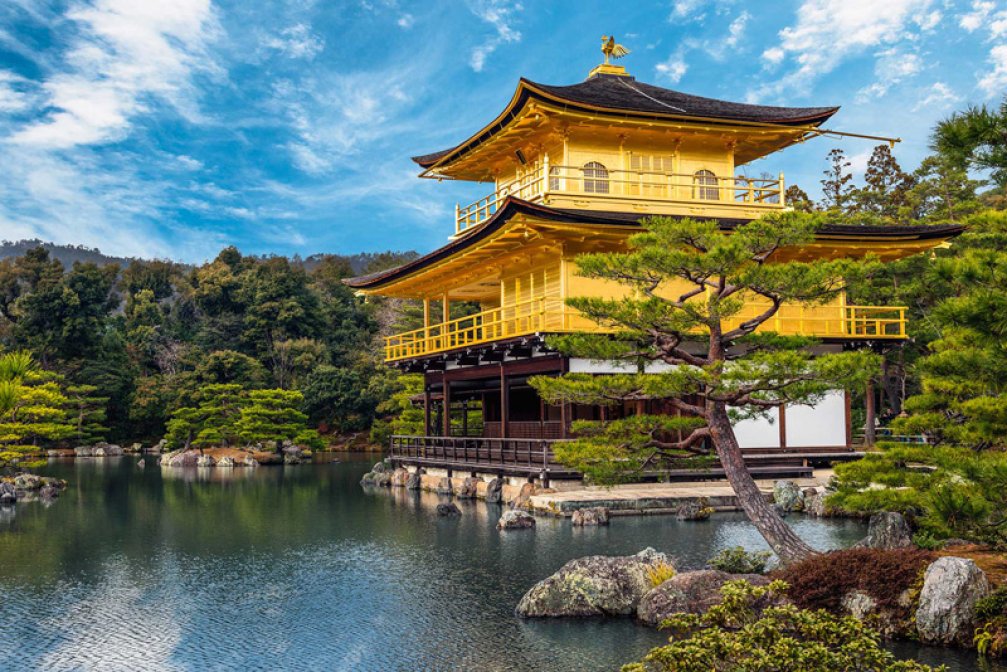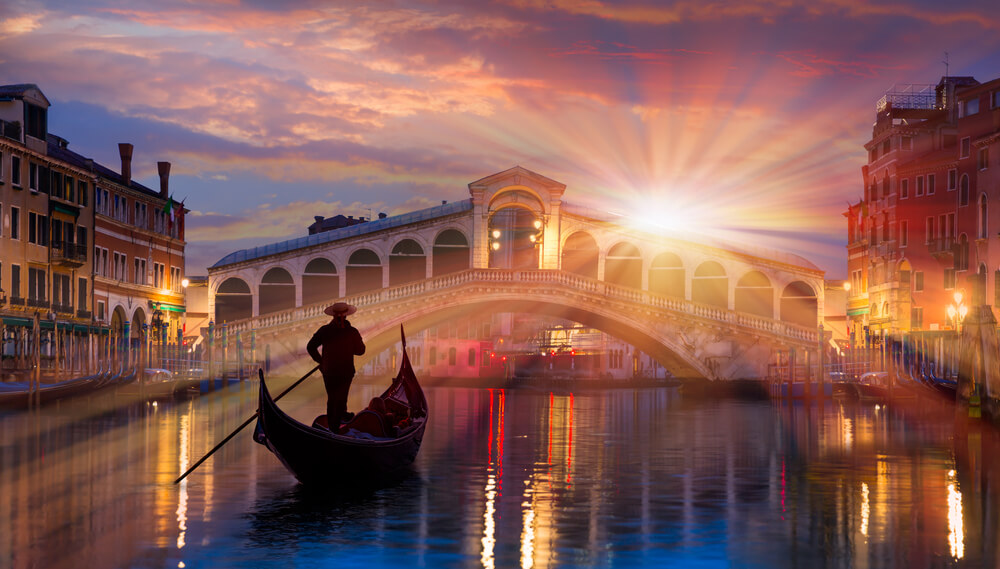
Journey Through Japan's Historical Beauty: A Voyage into Japanese Culture
Japan is one of the world's most fascinating countries, rich in history and cultural heritage. With centuries-old traditions, unique architecture, a lifestyle in harmony with nature, and advanced technology, Japan offers visitors a unique experience. Are you ready to embark on a journey through Japan's historical beauty and cultural heritage?
Japan's Historical and Cultural Riches
The history of Japan dates back thousands of years. The country's deep-rooted history has been shaped by various cultural and artistic influences over different periods. This rich history is still preserved and celebrated today.
If you want to explore Japan's historical beauty and cultural richness, be sure to visit the places mentioned in this article!
Kyoto: The Heart of History
Kyoto is known as Japan's former capital and cultural center. The city was the capital of the Japanese empire for nearly a thousand years, and as such, it is home to numerous historical temples, palaces, and gardens.
- Kinkaku-ji (Golden Pavilion): One of Kyoto's most famous landmarks, this temple is renowned for its exterior covered in gold leaf. Situated in the middle of a beautiful pond, the temple's reflection offers a breathtaking view, especially in autumn and winter.
- Fushimi Inari Taisha: Another significant shrine in Kyoto, famous for its thousands of red torii gates. It offers visitors a mystical walk that stretches from the foothills to the summit of Mount Inari, an essential path in Japanese culture.
- Gion District: A perfect place to experience traditional Japanese culture. In this area, you can find geishas living in traditional wooden houses, tea houses, and traditional Japanese performing arts.
Tokyo: The City Where Tradition and Modernity Meet
Tokyo is the capital and the largest city of Japan. This city offers a perfect blend of traditional Japanese culture and modern life.
- Asakusa Kannon Temple (Senso-ji): One of Tokyo's oldest and most important Buddhist temples. The Kaminarimon Gate and Nakamise Street at the temple's entrance offer visitors traditional Japanese crafts and delicacies.
- Meiji Jingu: One of Tokyo's largest and most important Shinto shrines, built in memory of Emperor Meiji and Empress Shoken. The surrounding forested area provides a peaceful escape in the city center.
- Tokyo Tower and Tokyo Skytree: Modern symbols of the city that offer breathtaking views of Tokyo. These structures give visitors a chance to explore the city's vastness and energy.
Nara: Where Natural and Historical Beauty Converge
Nara is known as Japan's first permanent capital. The city is famous for its historical temples, a giant Buddha statue, and free-roaming deer.
- Todai-ji Temple: One of Nara's most important landmarks, housing the world's largest bronze Buddha statue. The statue's size and the temple's architecture deeply impress visitors.
- Nara Park: Located in the heart of the city, this park is famous for its hundreds of free-roaming deer, considered sacred animals in Japanese mythology. Visitors can interact closely with these deer.
- Kasuga Taisha: Another important shrine in Nara, surrounded by thousands of stone and bronze lanterns, creating a magical atmosphere, especially during the lantern festival.
Hiroshima: A Symbol of Peace and Hope
Hiroshima is one of the cities devastated by an atomic bomb during World War II. However, today it stands as a symbol of peace and hope, rebuilt and not forgetting its history.
- Hiroshima Peace Memorial Park: Built in memory of the atomic bomb attack, the park includes structures like the Peace Memorial, Peace Bell, and Peace Flame.
- Hiroshima Peace Museum: A must-visit to understand the history and impacts of this tragic event.
- Itsukushima Shrine: Located on Miyajima Island in Hiroshima, this shrine is famous for its red torii gate that appears to float on water. The shrine is listed as a UNESCO World Heritage Site and offers one of Japan's most iconic views.
Japan's Cultural Heritage and Contemporary Life
The historical and cultural beauty of Japan continues to coexist harmoniously with the country's modern life. Traditional Japanese arts, cuisine, and festivals remain vibrant parts of the cultural heritage, living on in contemporary Japan.
- Japanese Tea Ceremony: A significant tradition reflecting the elegance and subtlety of Japanese culture, considered an expression of hospitality and aesthetic sensibility.
- Japanese Cuisine: Known for its fresh and seasonal ingredients, Japanese cuisine includes delicacies such as sushi, ramen, tempura, and kaiseki, offering a great start to discovering Japan's gastronomic richness.
- Japanese Festivals (Matsuri): Reflect the cultural vibrancy and social bonds of the country. Festivals like Tanabata, Gion Matsuri, and Obon are filled with colorful parades, traditional music, and dances.
A trip to Japan will enchant you with its history and culture, offering an unforgettable experience filled with lasting memories. HIS Travel awaits to give you this unique experience!







Leave a Comment